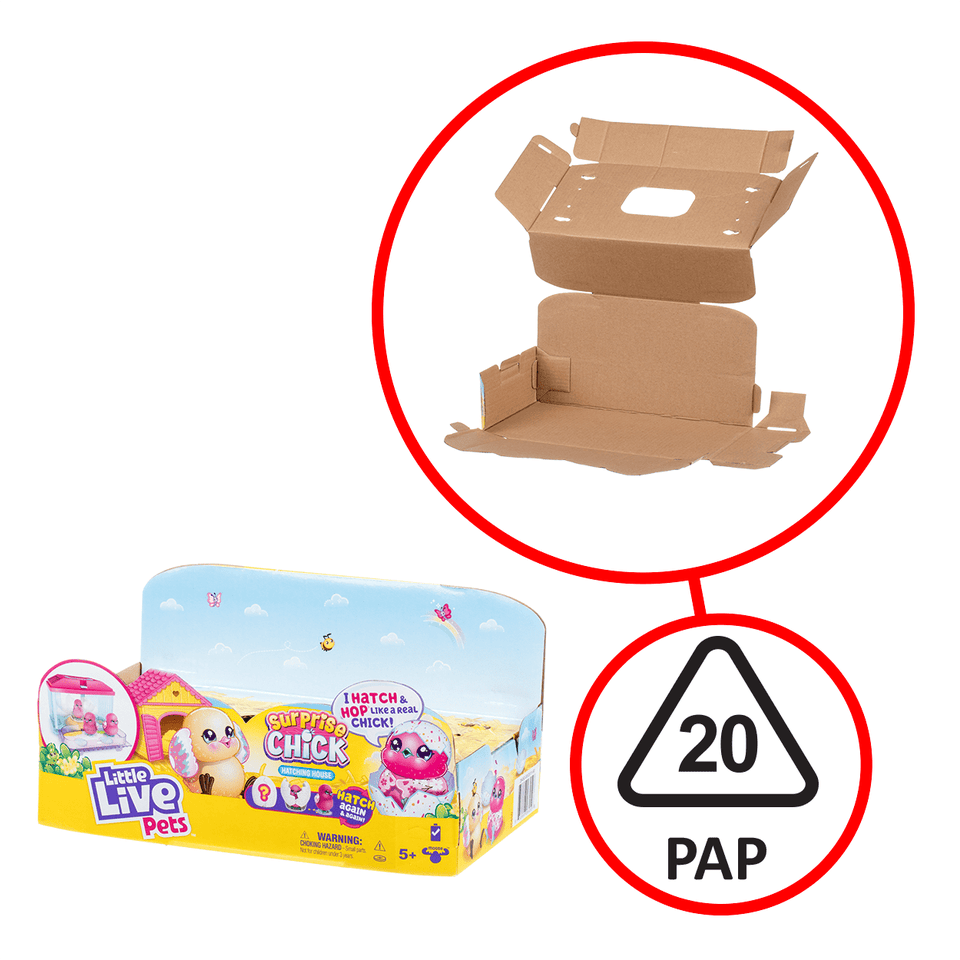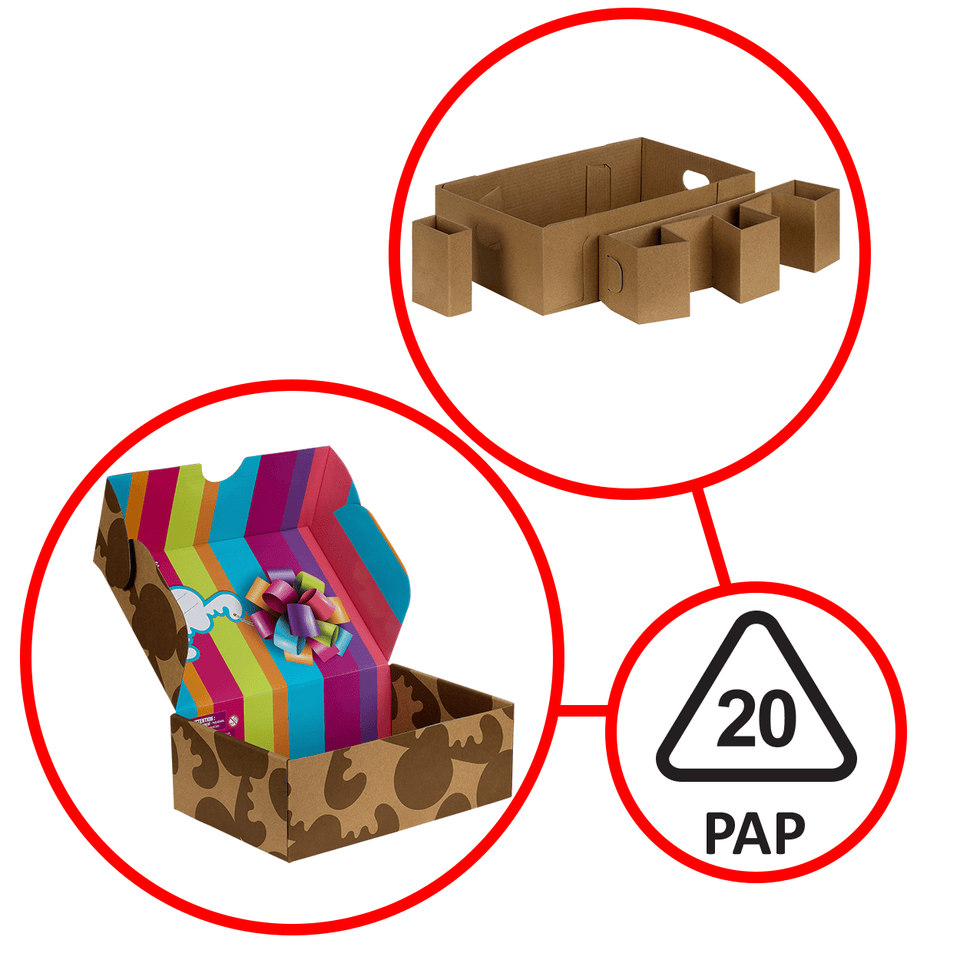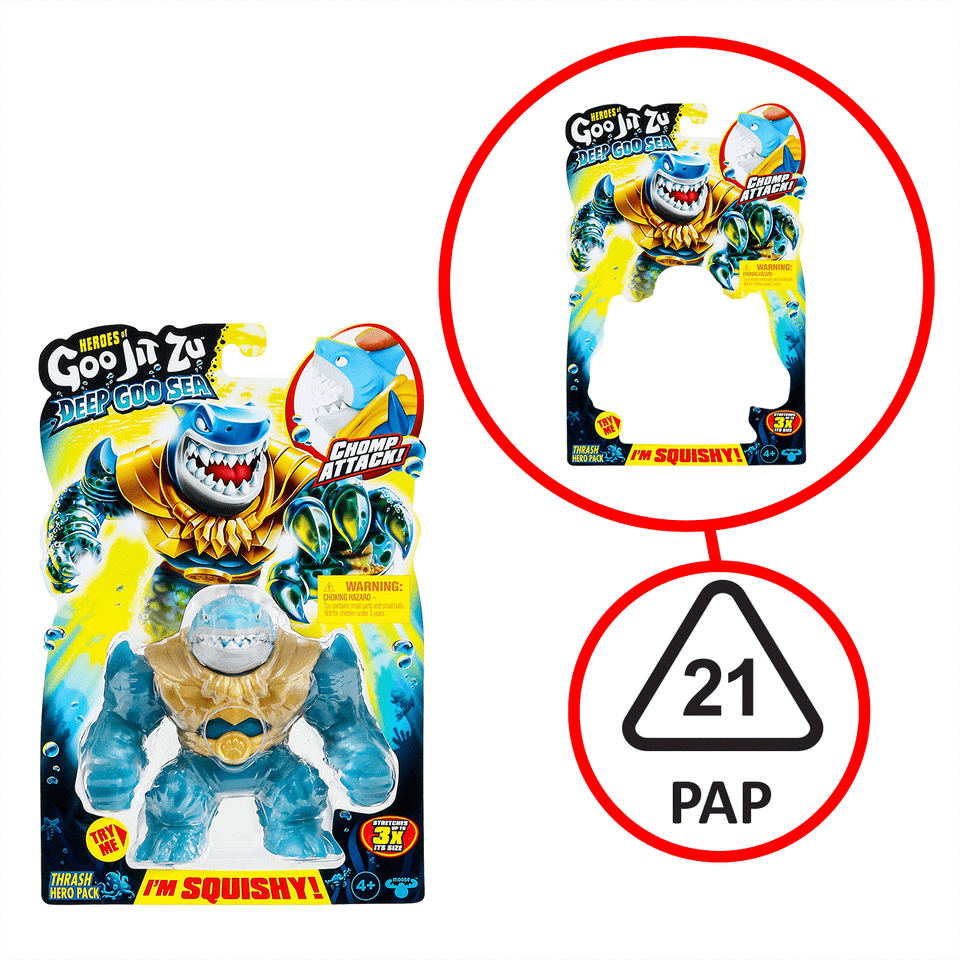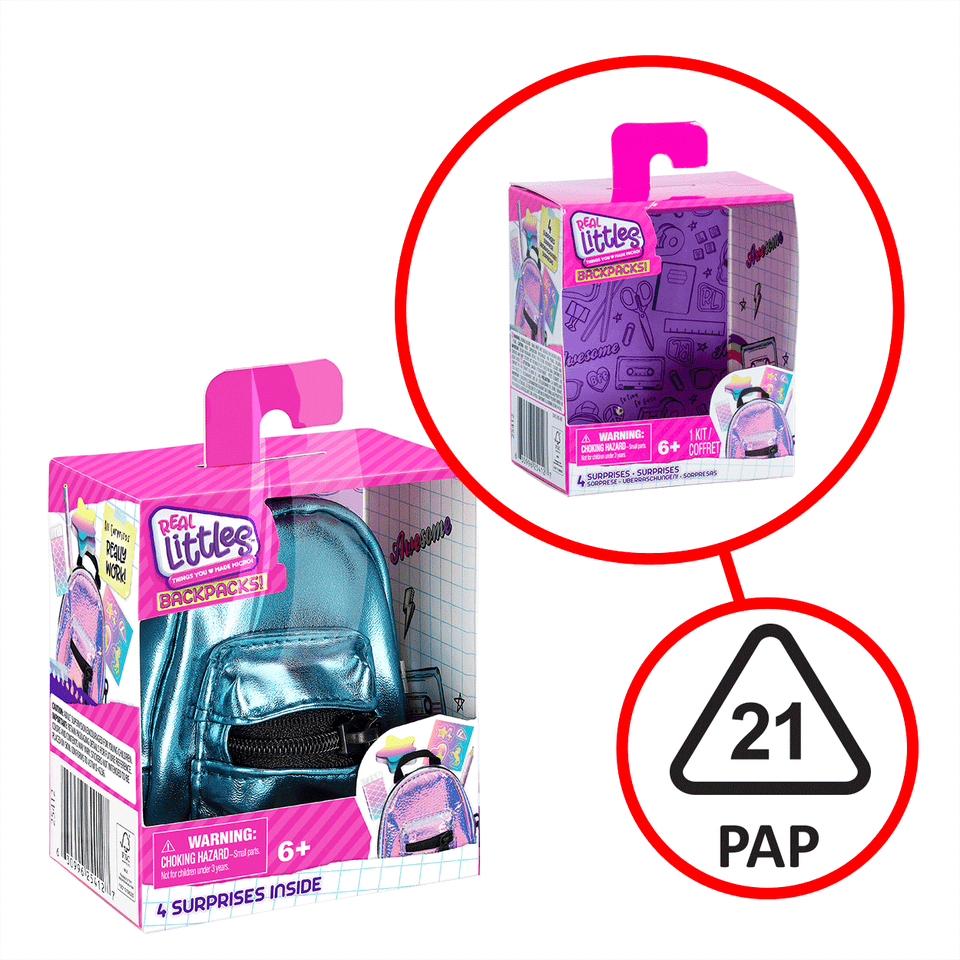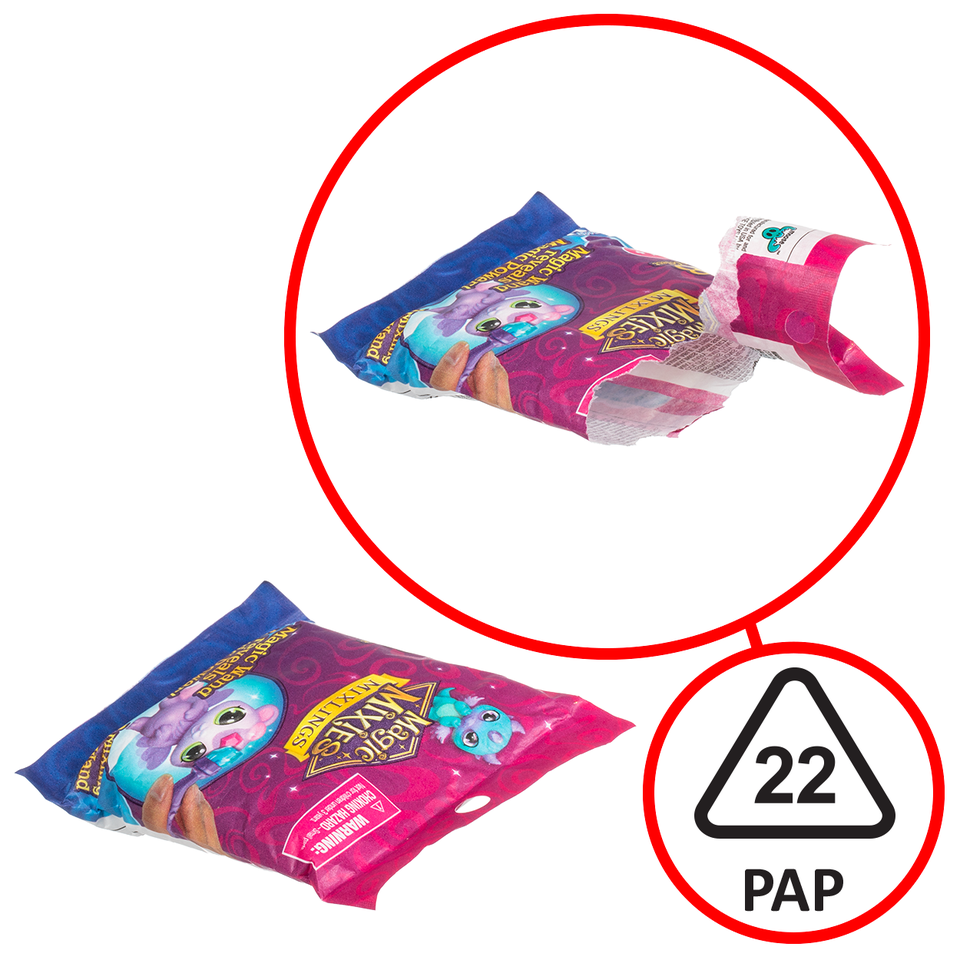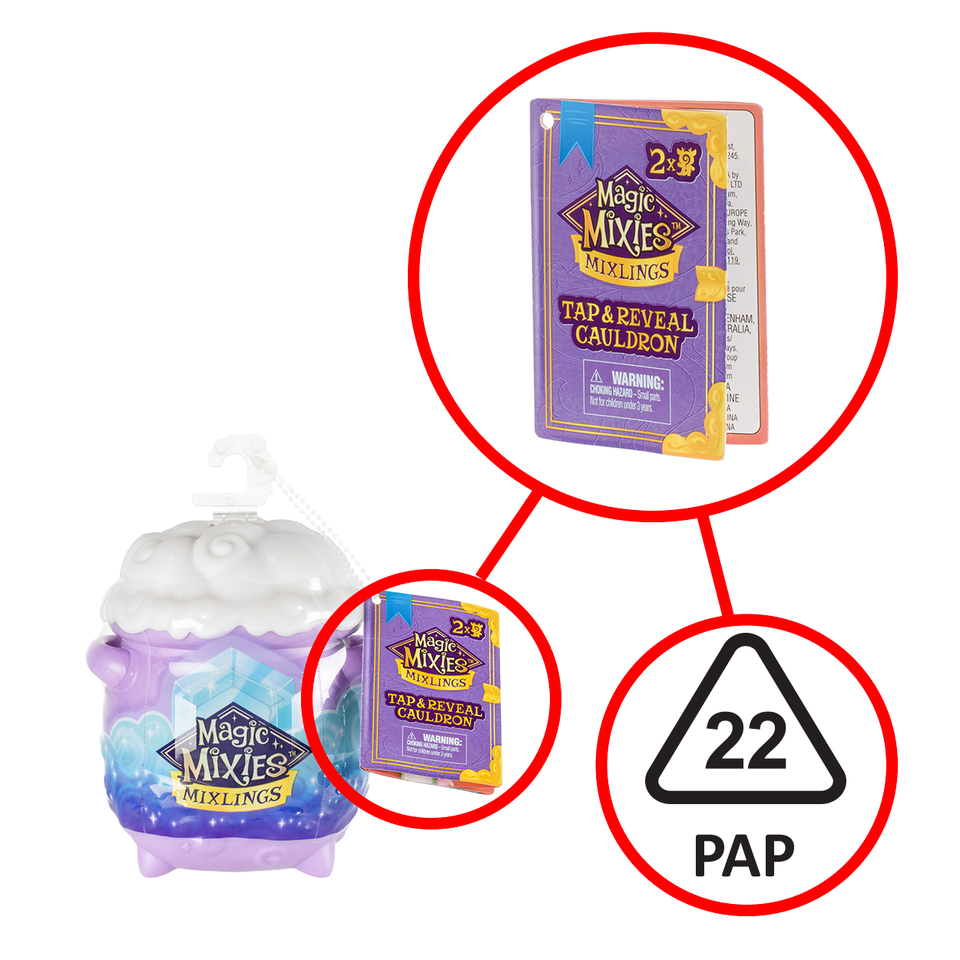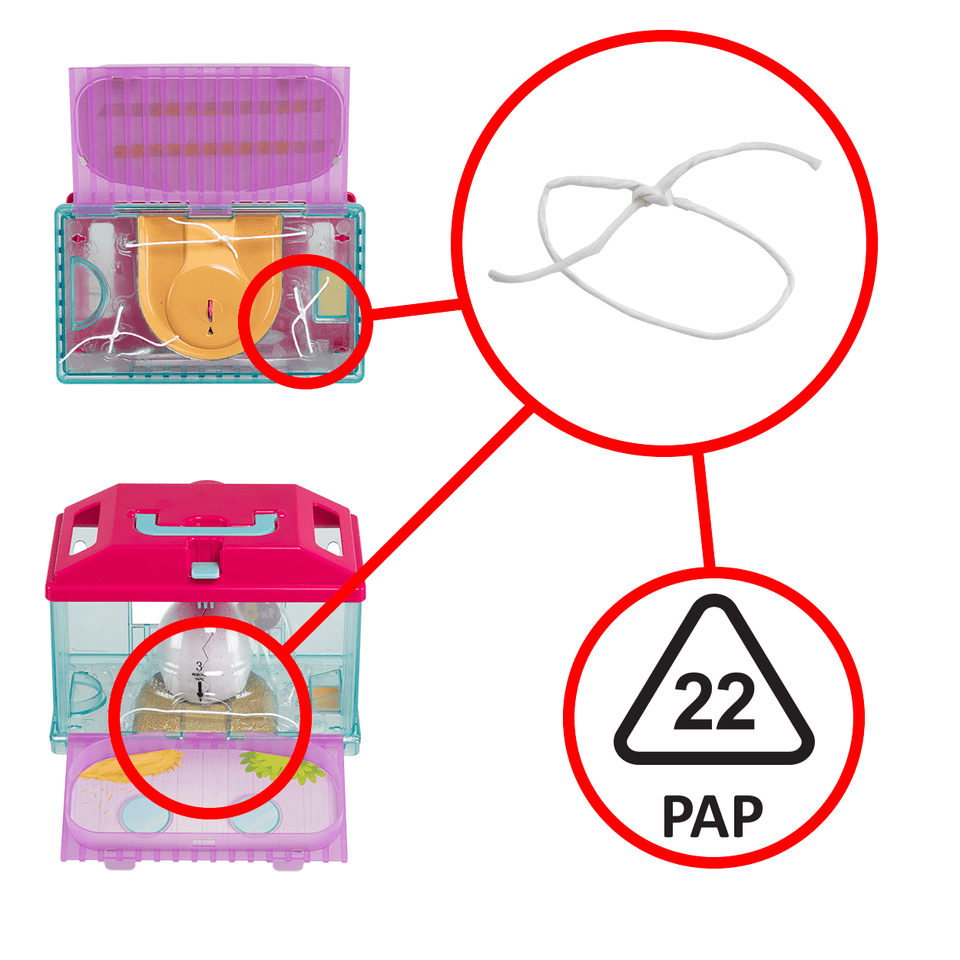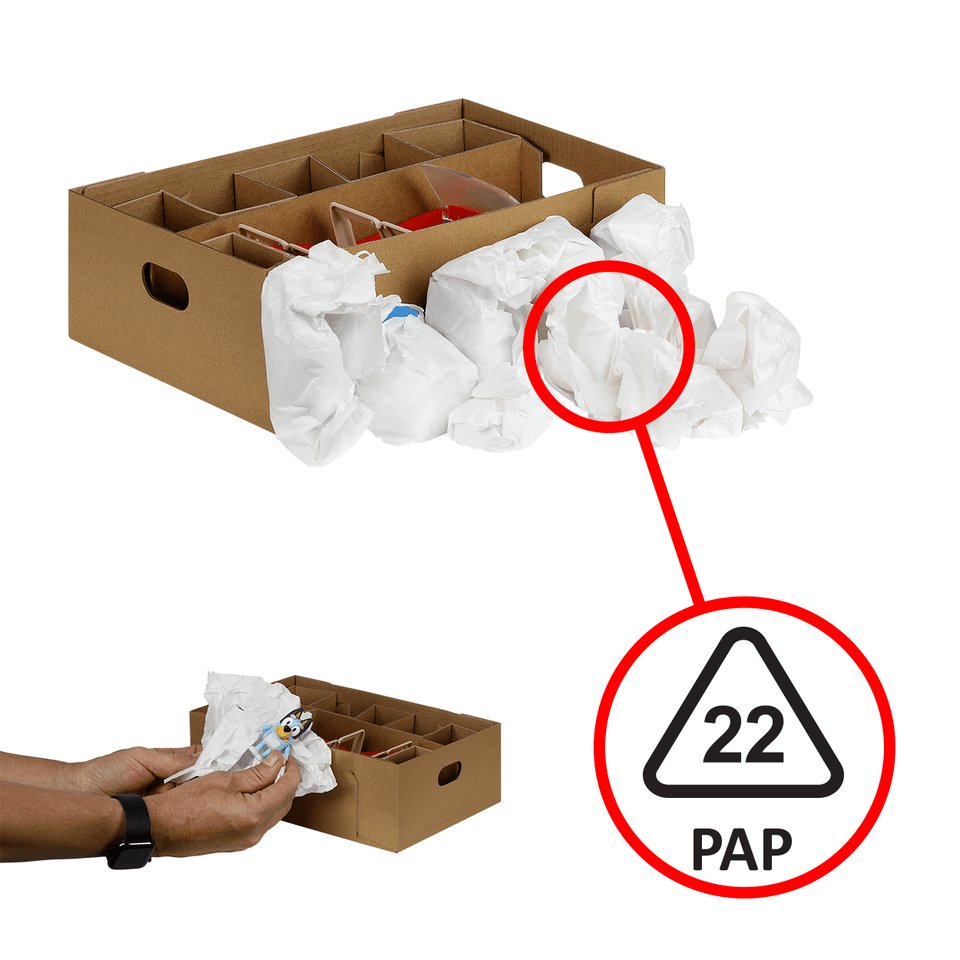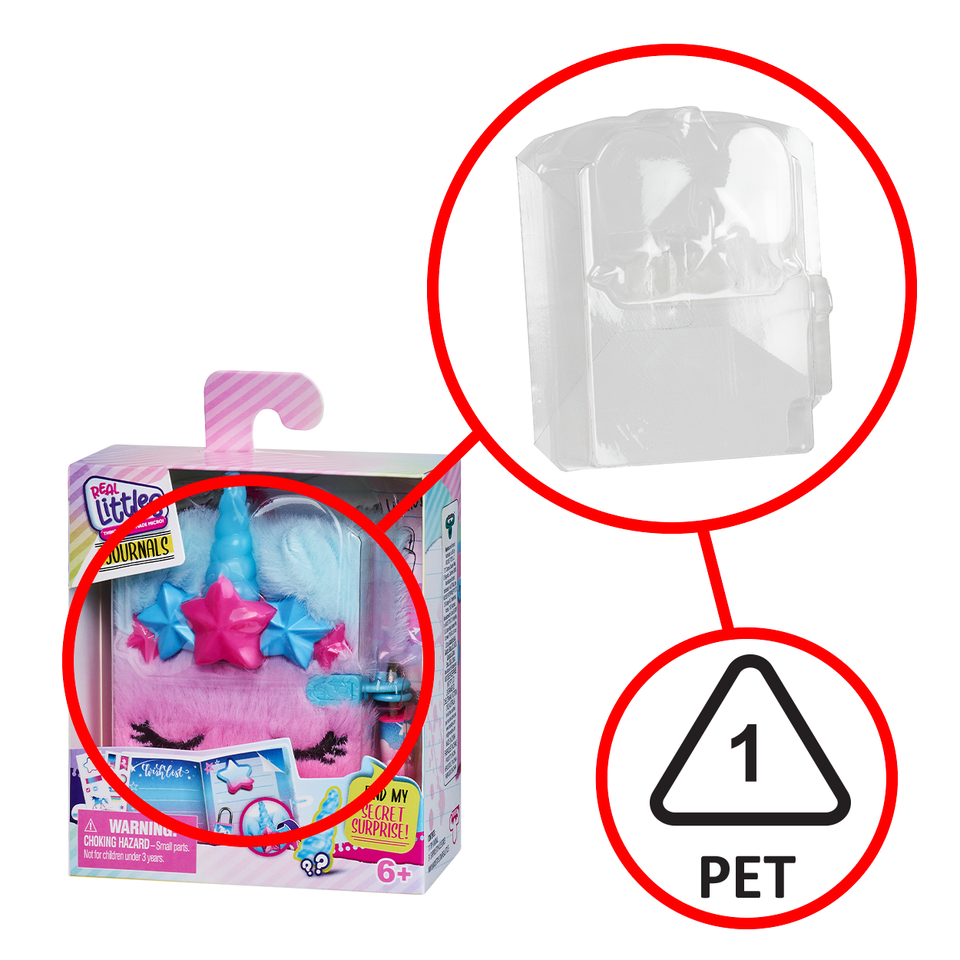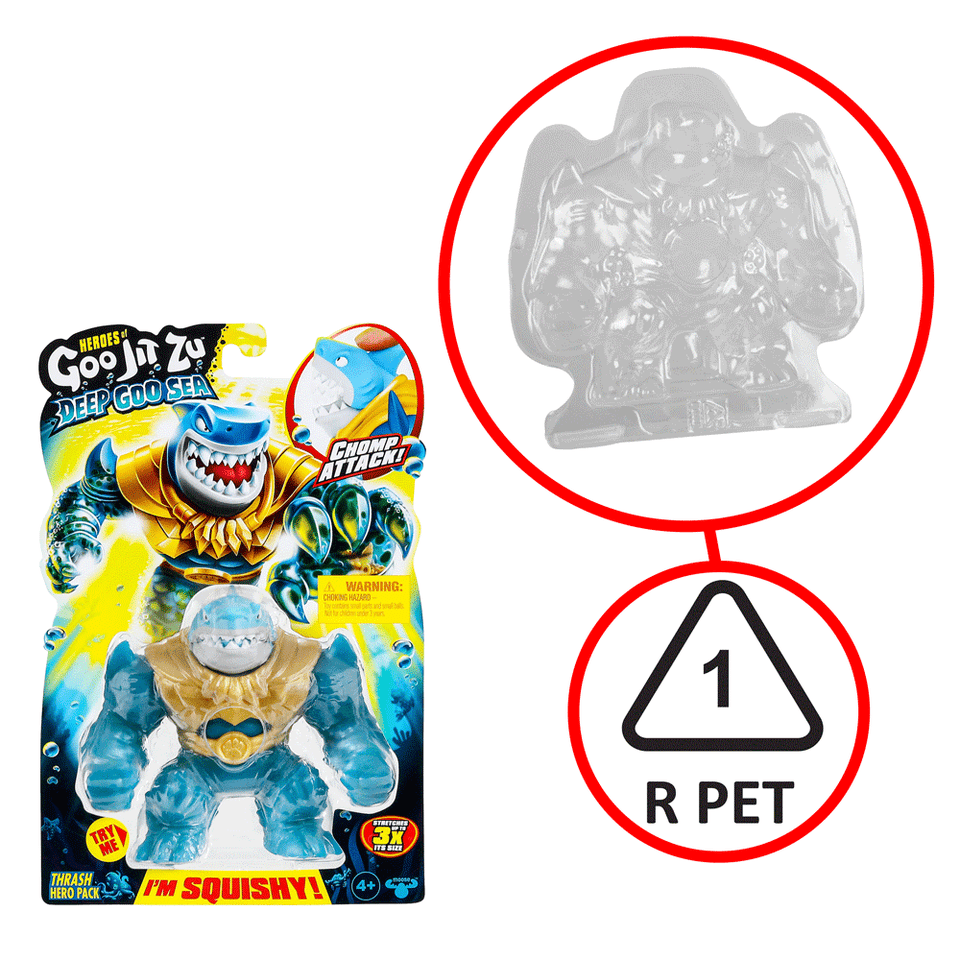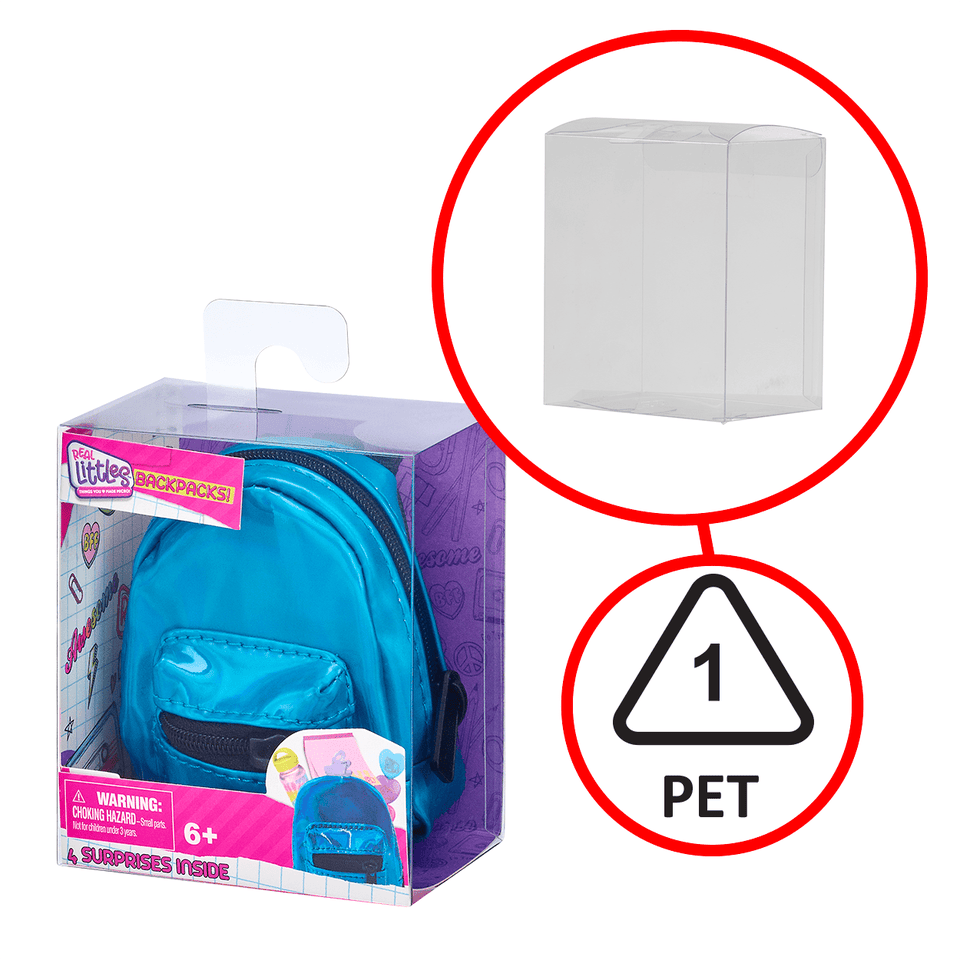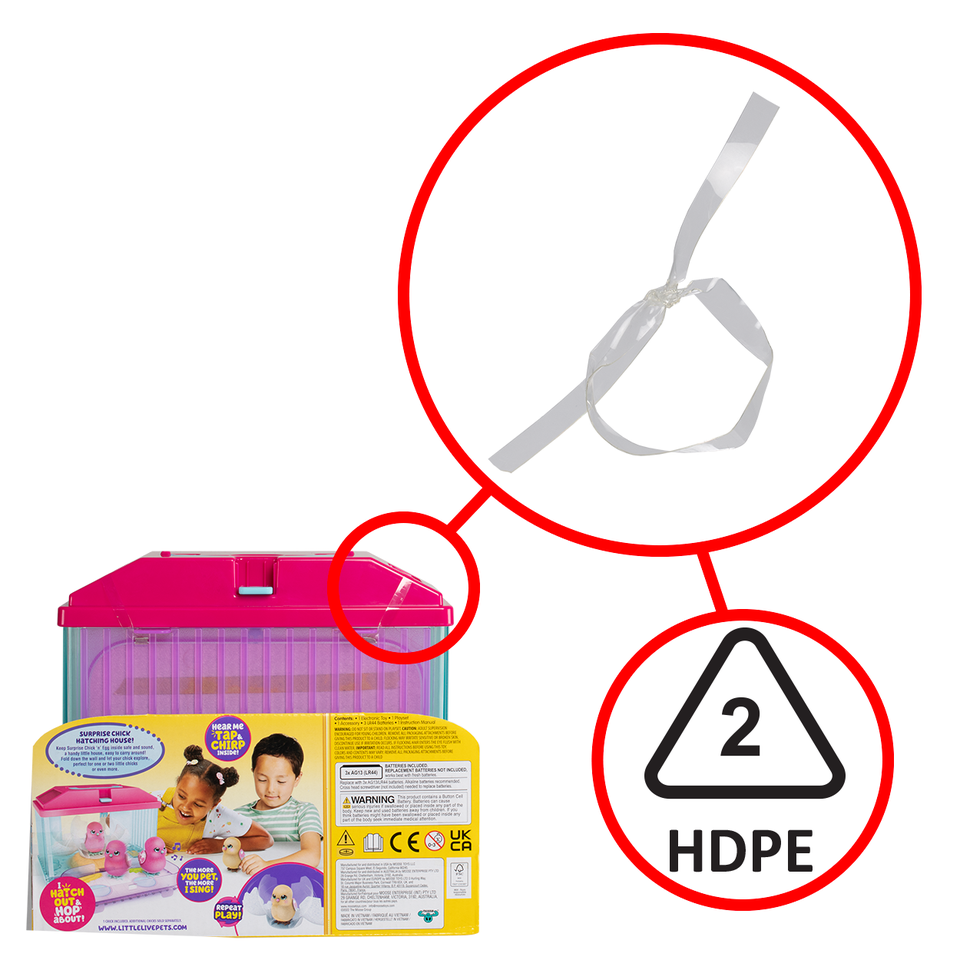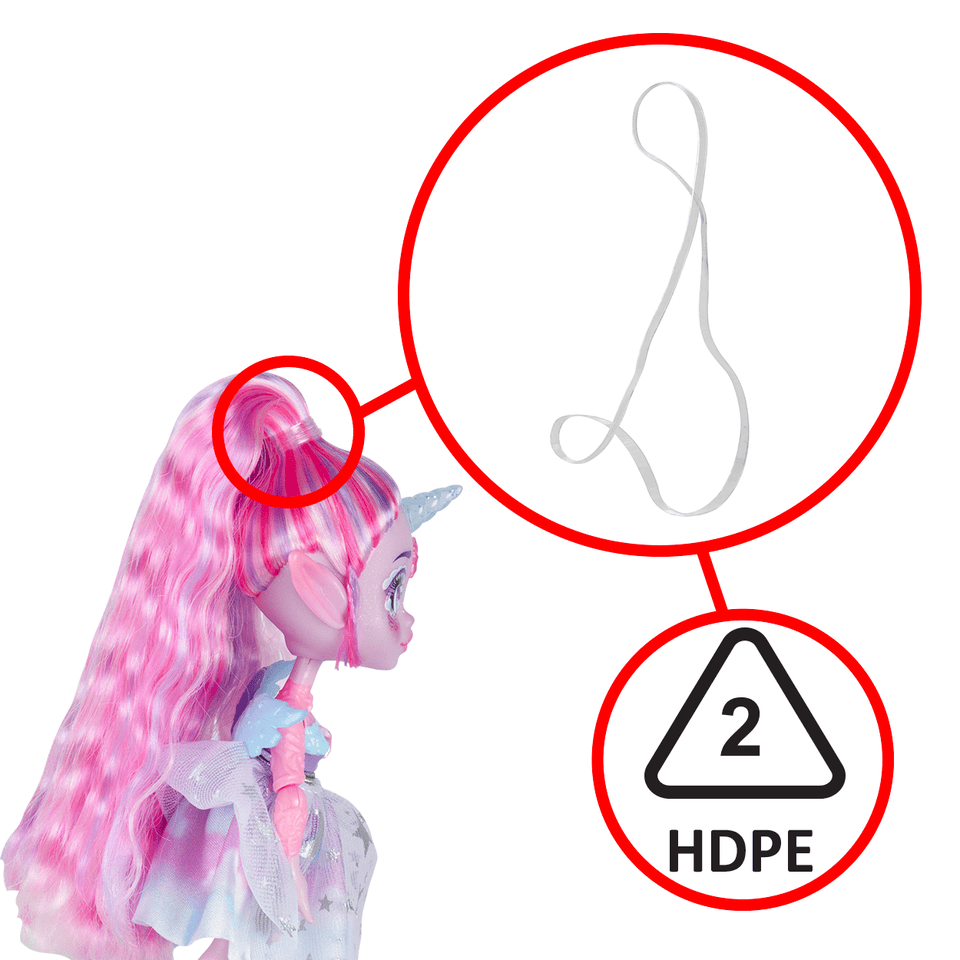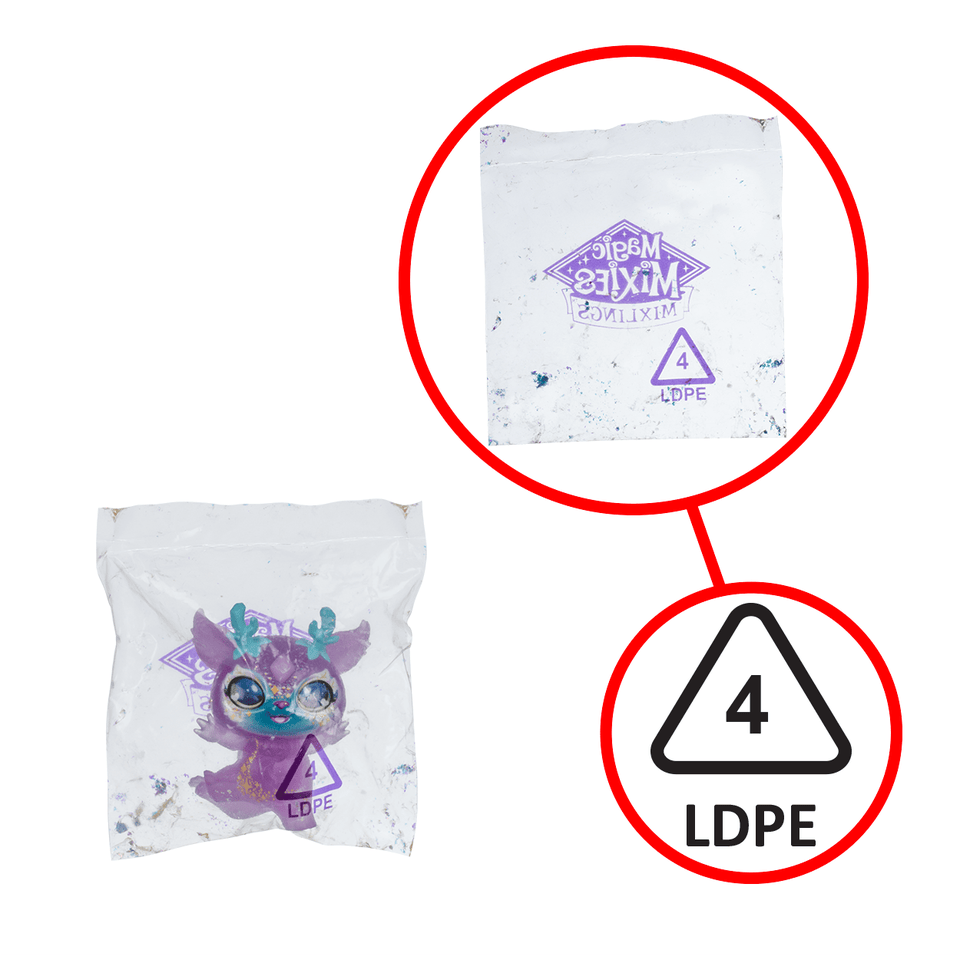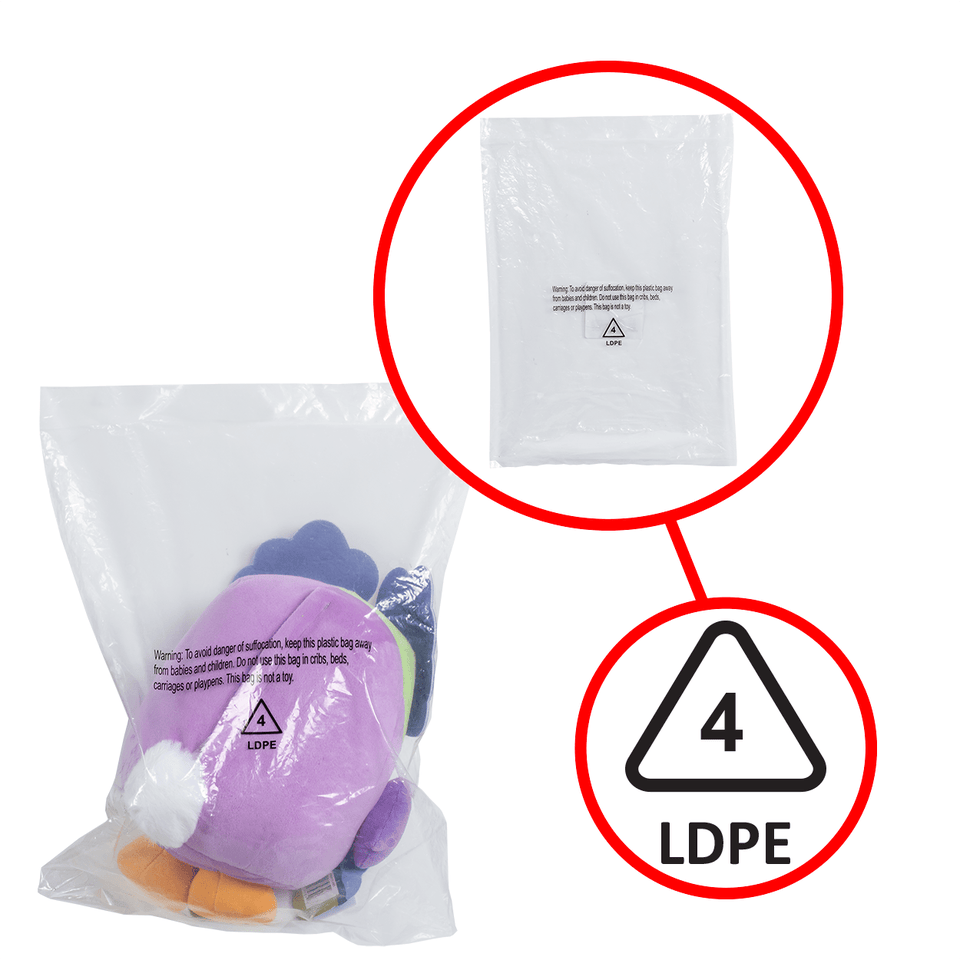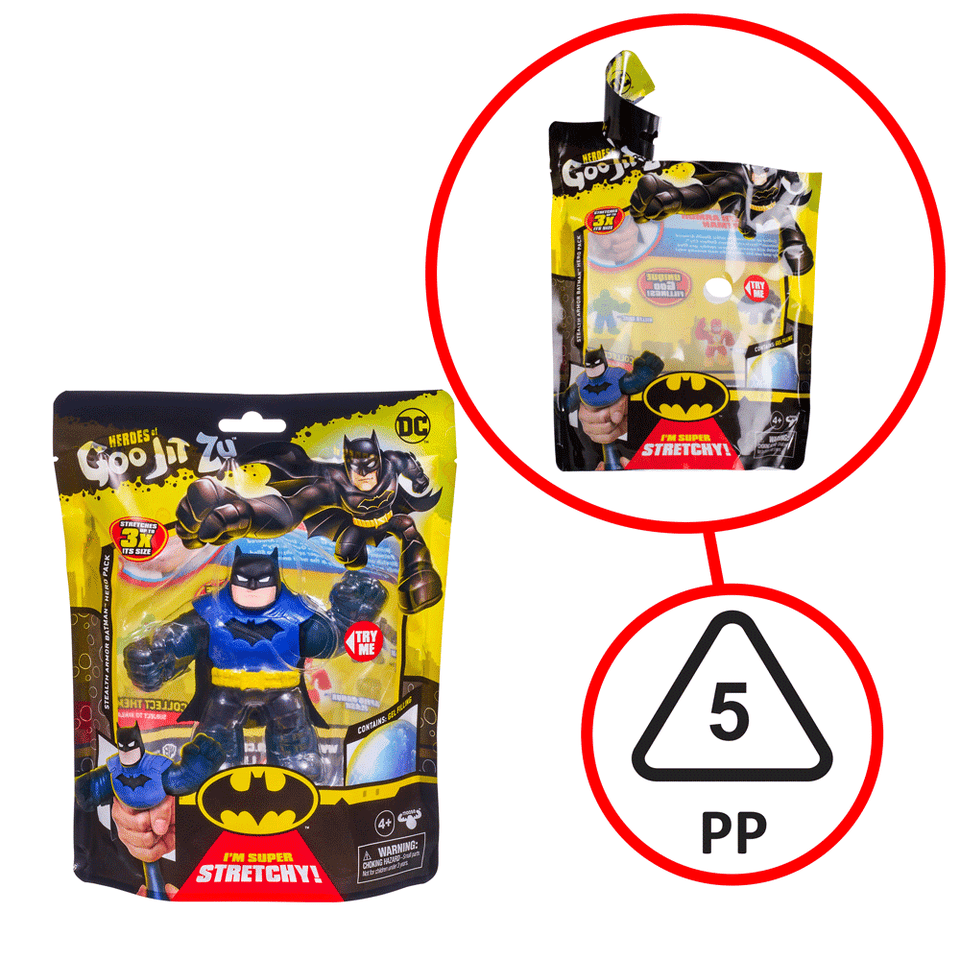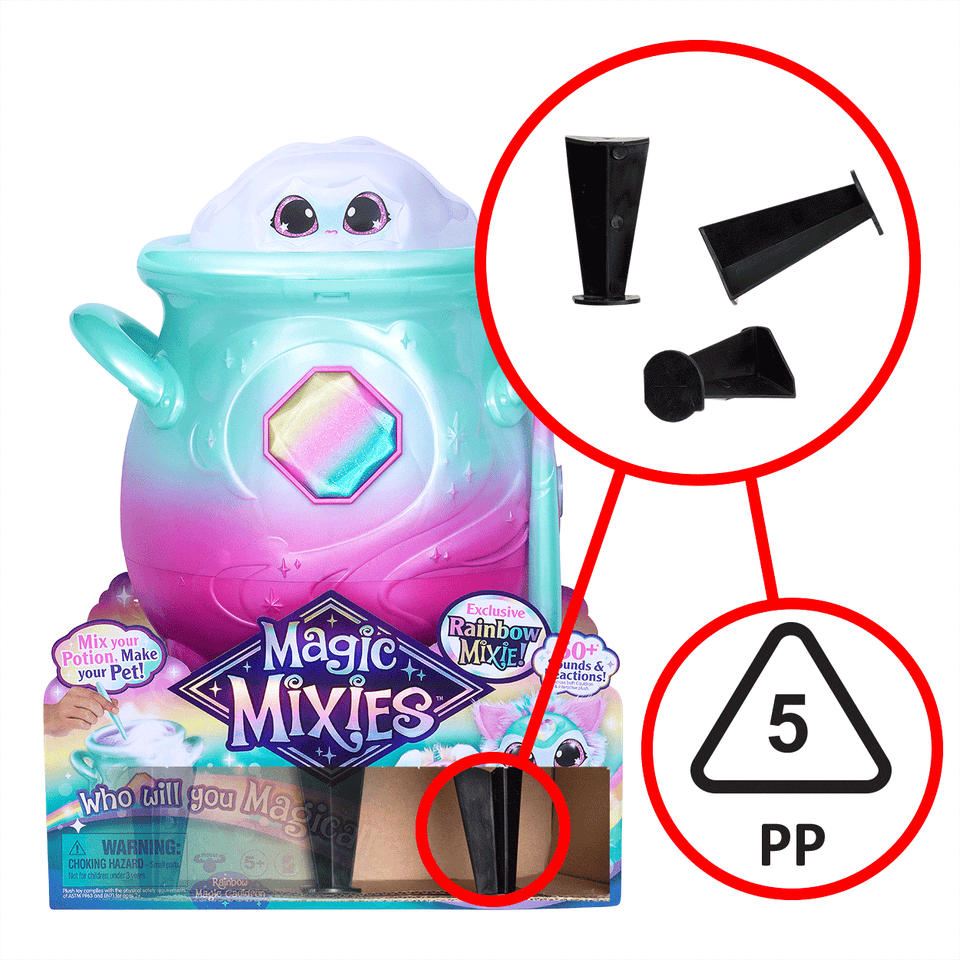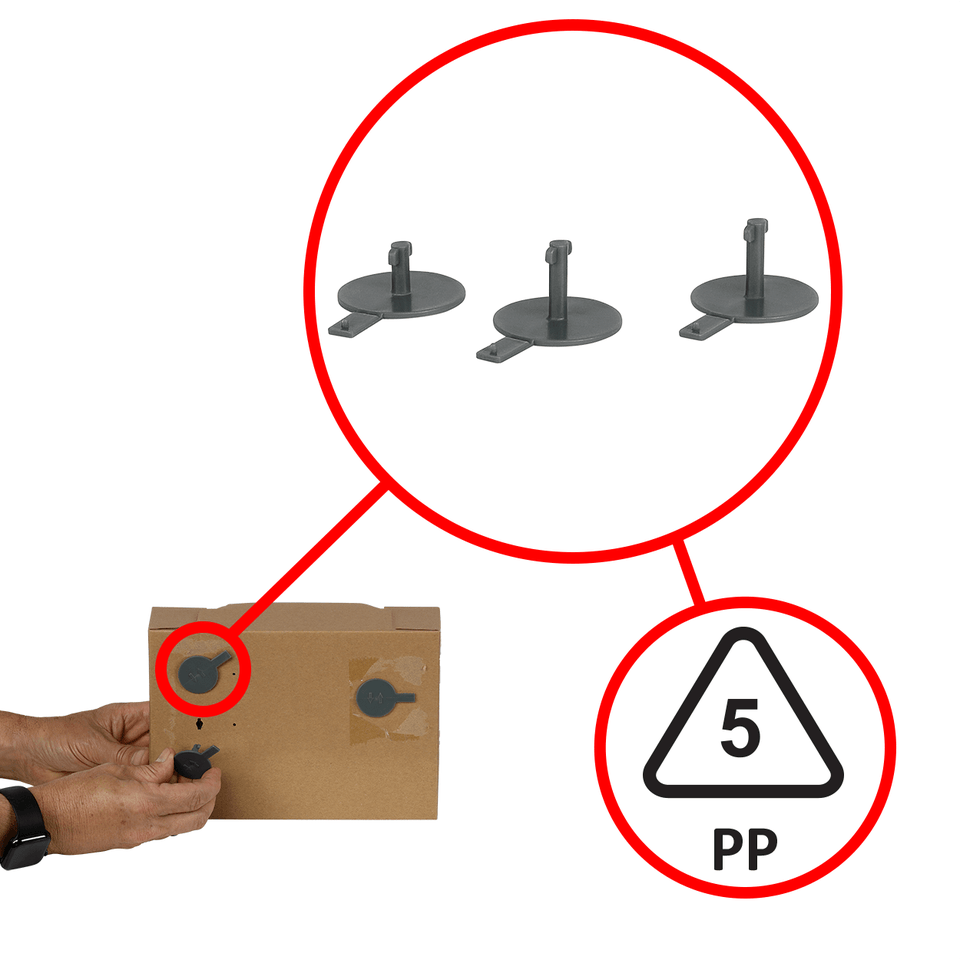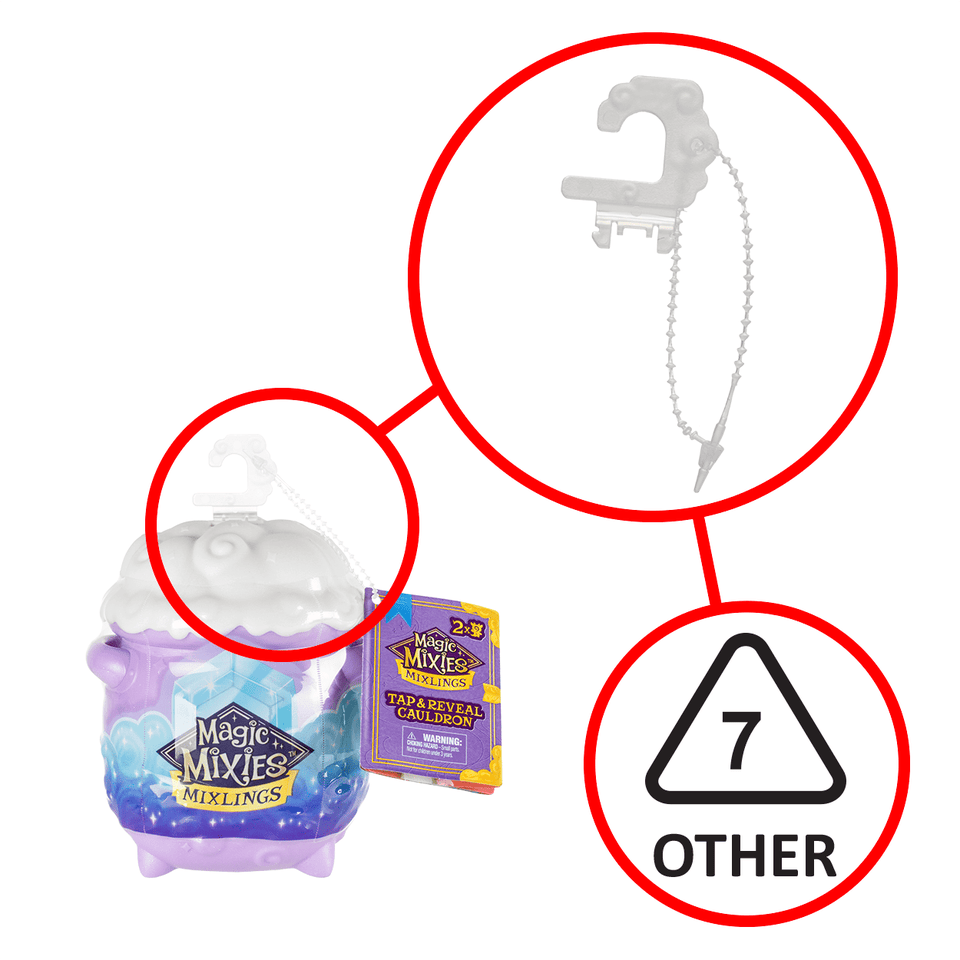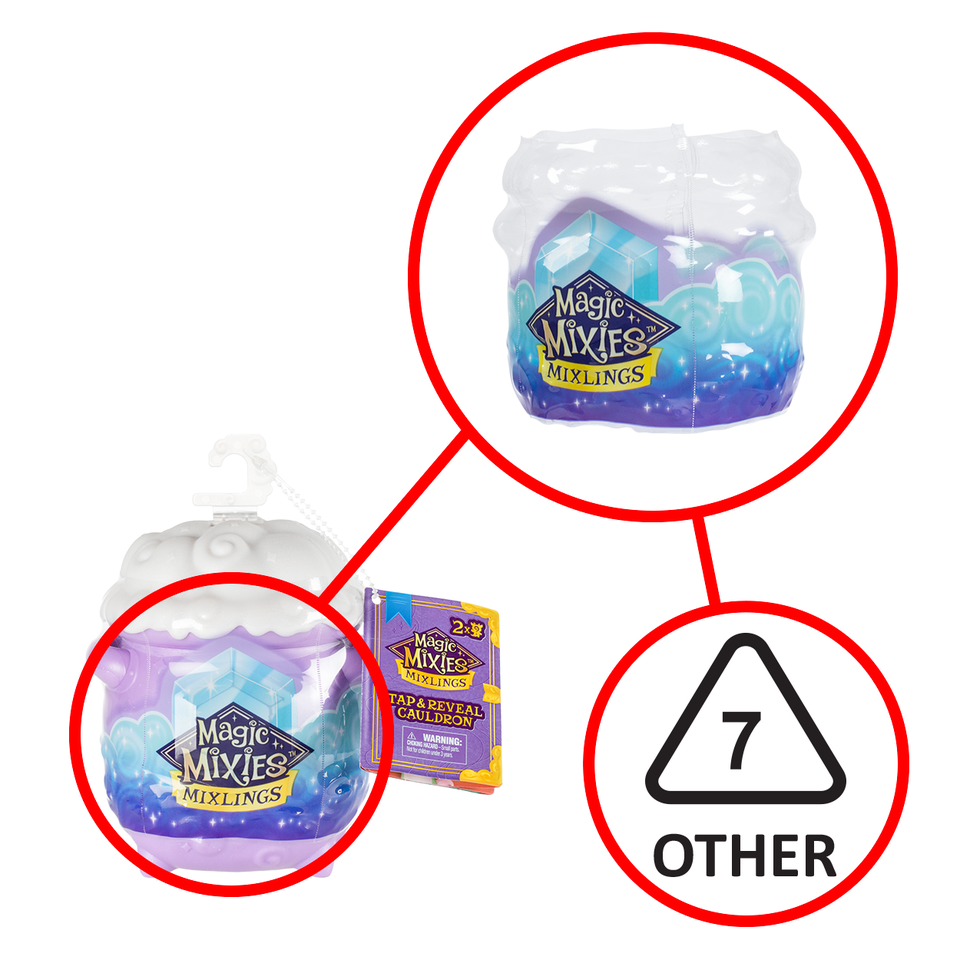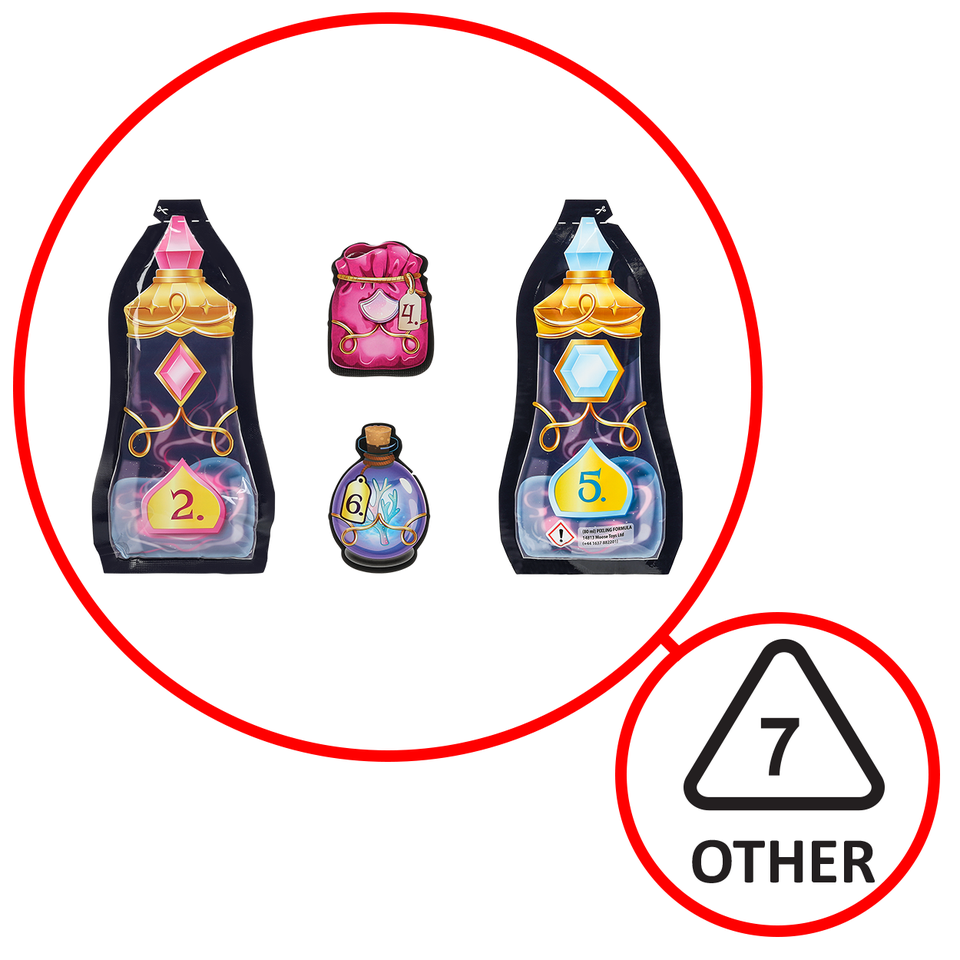How to identify and separate Moose packaging for collection

Moose’s packaging is made from paper, cardboard, and plastic materials. To identify the material used in each packaging item, most carry a material identification code ‘triangle’. For packaging items that do not carry a material identification code triangle, please use this guide to identify the material used for that item. To aid collection and recycling, please separate each packaging item and place in the correct collection bin.
The collection of different packaging materials may vary depending on the services provided by your local municipality or council.
Please check with your local municipality for guidance on collection and recycling.
This information is provided in accordance with the ‘Labelling for packaging – Guidelines according to Art. 219 para. 5 of Legislative Decree 152/2006’.
Paper and Cardboard
PAP 20
‘PAP 20’ indicates that the material is corrugated cardboard.
This material is readily recyclable, check with your local municipality or council for collection and recycling guidance.
The images below show examples of this packaging material.
PAP 21
‘PAP 21’ indicates that the material is non-corrugated cardboard.
This material is readily recyclable, check with your local
municipality or council for collection and recycling guidance.
The images below show examples of this packaging material.
PAP 22
‘PAP 22’ indicates that the material is paper.
This material is readily recyclable, check with your local
municipality or council for collection and recycling guidance.
The images below show examples of this packaging material.
Plastic
PET 1, R PET 1
‘PET 1’ indicates that the material is polyethylene terephthalate
plastic. ‘R PET 1’ is the same material made from recycled
feedstocks. This material is readily recyclable, check with your
local municipality or council for collection and recycling guidance.
The images below show examples of this packaging material.
HDPE 2
‘HDPE 2’ indicates that the material is high density polyethylene, rigid and flexible plastic. This material is recyclable in some municipalities and through in-store flexible plastic collection points.
Check with your local municipality or council for recycling guidance.
The images below show examples of this packaging material.
LDPE 4
‘LDPE 4’ indicates that the material is low density polyethylene
flexible plastic. This material is recycable in some municipalities and
through in-store flexible plastic collection points.
Check with your local municipality or council for recycling guidance.
The images below show examples of this packaging material.
PP 5
‘PP 5’ indicates that the material is polypropylene.
When in rigid form, this material is recycable in some municipalities.
Check with your local municipality or council for recycling guidance.
The images below show examples of this packaging material.
Other
‘Other 7’ indicates that it is a less common types of plastic. These
items should normally be disposed of in an unsorted collection.
Check with your local municipality or council for collection guidance. The images below show examples of this packaging material.
